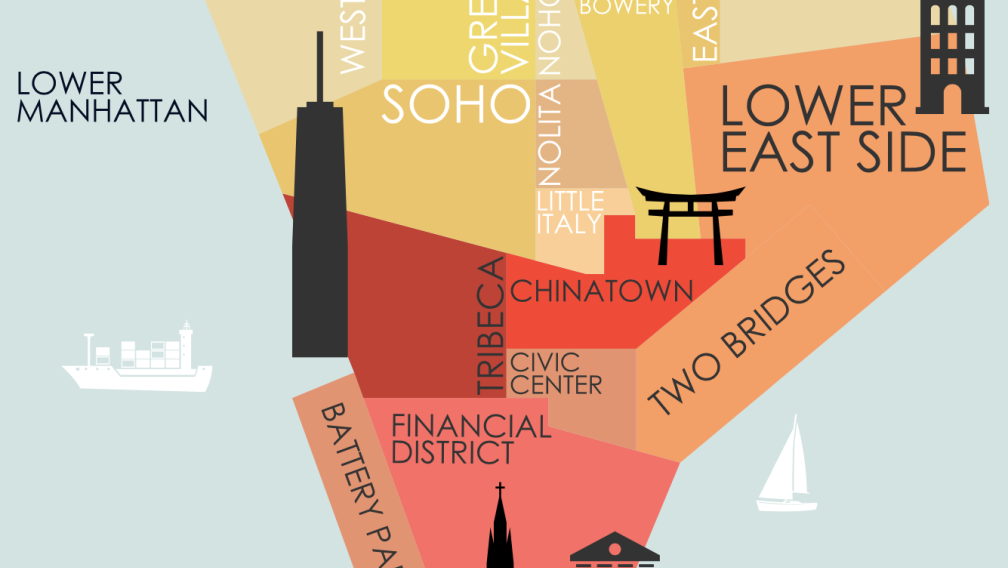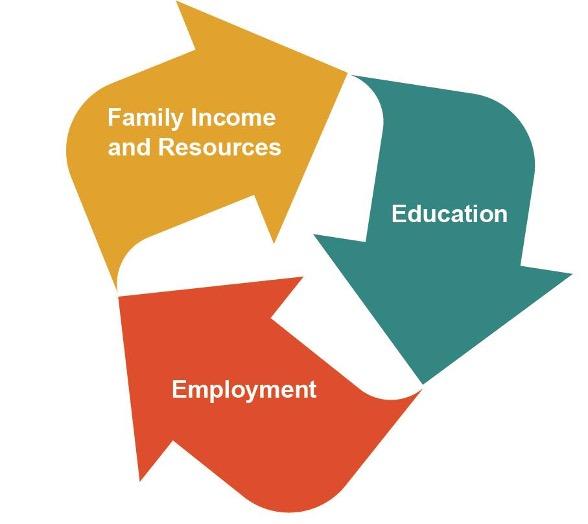As the ongoing COVID-19 pandemic has worsened many of the longstanding inequities experienced by New Yorkers, Trinity’s Neighborhood Support division is deeply aware of how much need is in our immediate community. From October 2021 to April 2022, we collaborated with the Center for Community Resilience (CCR) at the George Washington University to conduct a needs assessment for Lower Manhattan. The resulting report provides analysis and insight from community voices that seek to inform our strategic efforts to help promote healing, equity, and community resilience in Lower Manhattan.
By looking deeper into existing disparities, our assessment sheds light on the complex and interdependent relationships within and between Lower Manhattan neighborhoods, along with the deeply rooted systems that govern and influence them. During our conversations with community members, the relationship between three factors—family income and resources, education, and employment—consistently emerged as a driver of family wellbeing:
This cycle can be either virtuous or vicious. It is virtuous (i.e., the more resource you have right now, the more you will have in the future) to the families with enough resources, while vicious for families without adequate resources (i.e., the fewer resources you have right now, the less you and your children will have in the future). At the community level, the reinforcing nature of this cycle widens the disparity over time between families with resources and those without resources in Lower Manhattan.
When evaluating the needs of families across the Financial District, SoHo, Tribecca, Lower East Side, Chinatown, and other neighborhoods in Lower Manhattan, we found that issues consistently centered around access to educational and employment opportunities. Families depend on education to secure employment that provides income and access to other resources. To truly thrive, families need to:
- Be able to navigate systems related to education, social services, and healthcare
- Obtain affordable, quality childcare
- Have the space to build community and deepen relationships
The Neighborhood Support team is excited to use these findings to develop our grantmaking strategy and co-design policy and advocacy strategies alongside our neighbors. Through these activities, we hope to improve the well-being of all those who live, work, study, and play in Lower Manhattan.
On behalf of Trinity Church Wall Street, I extend my deepest gratitude to our neighbors and community partners who made this report possible through the gifts of their time, expertise, and trust. We encourage everyone to read and share the full Needs Assessment with your communities. Moreover, we very much want your feedback! Please share your thoughts with us by emailing our Director of Research and Evaluation, Jessica Athens, at jathens@trinitywallstreet.org.

